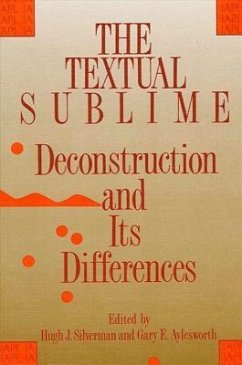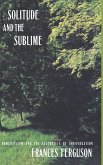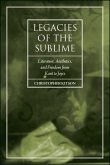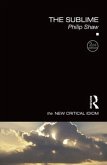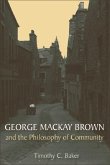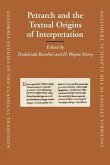This book addresses the question of deconstruction by asking what it is and discussing its alternatives. To what extent does deconstruction derive from a philosophical stance, and to what extent does it depend upon a set of strategies, moves, and rhetorical practices that result in criticism? Special attention is given to the formulations offered by Jacques Derrida (in relation to Heidegger's philosophy) and by Paul de Man (in relation to Kant's theory of the sublime and its implications for criticism). And what, in deconstructive terms, does it mean to translate from one textual corpus into another? Is it a matter of different theories of translation or of different practices? And what of difference itself? Does not difference already invoke the possibility of deconstruction's "others"? Althusser, Adorno, and Deleuze are offered as exemplary cases. The essays in this volume examine in detail these differences and alternatives. The Textual Sublime is particularly concerned with how a text (philosophical or literary) sets its own limits, borders, and margins, how it delimits what constitutes the text per se and how it invokes at the same time what is not determinately in the text. The textual sublime is that aspect of a text that deconstruction shows to be both an element of the text and what surpasses the text, what takes it outside itself (in view of alternatives and alterities) and what ties it to differing philosophical, rhetorical, historical, and critical practices.
Hinweis: Dieser Artikel kann nur an eine deutsche Lieferadresse ausgeliefert werden.
Hinweis: Dieser Artikel kann nur an eine deutsche Lieferadresse ausgeliefert werden.

